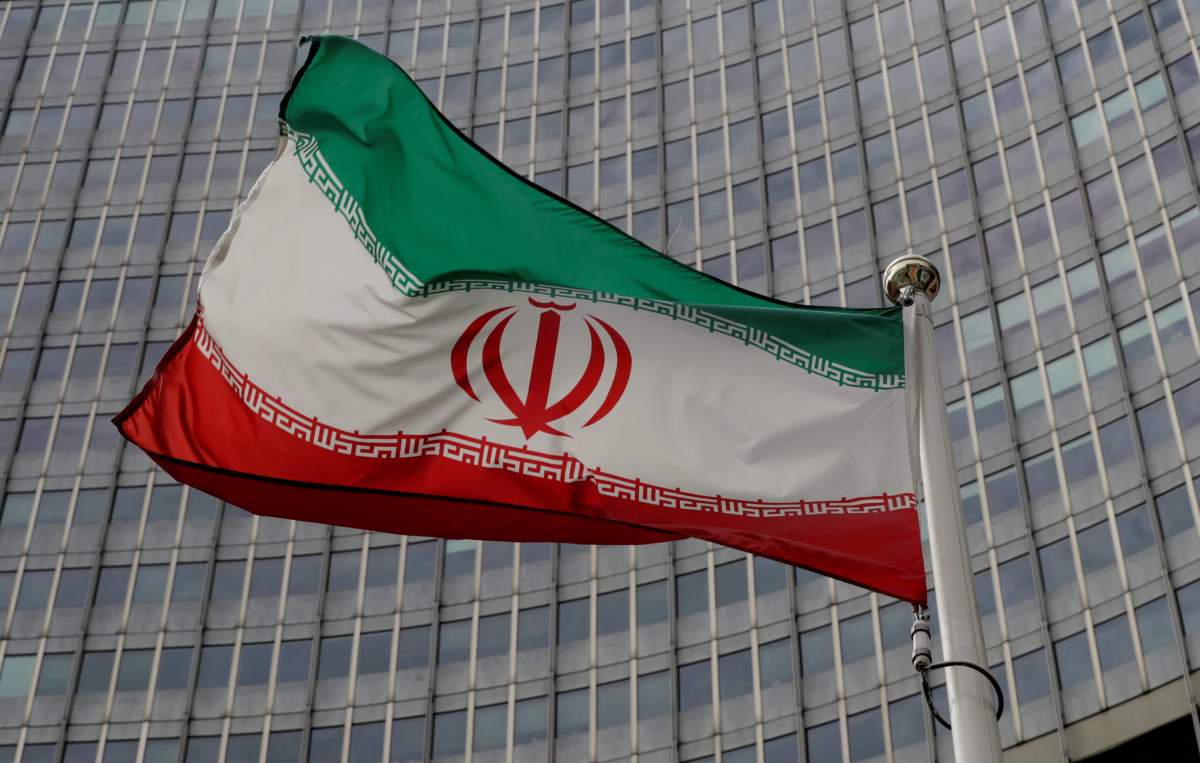By Luke Baker, John Irish and Robin Emmott
LONDON/PARIS/BRUSSELS (Reuters) – Germany, Britain and France are scrambling to keep talks with Iran over its 2015 nuclear agreement alive despite Tehran having all but torn up the deal after the United States killed its top military commander.
In its first formal response to the killing of Qassem Soleimani in a drone strike at Baghdad airport, Iran said on Sunday it would abandon limits on its enrichment of uranium, further breaching a central component of the deal it struck with six major powers.
Since Iran did not say how far it would take enrichment while reaffirming cooperation with U.N. inspectors monitoring its nuclear activity, European Union officials found positive elements in the statement and the potential for de-escalation.
At the same time, EU foreign ministers will hold an emergency meeting in Brussels on Friday to discuss ways to save the deal via pressure if necessary, a step that could lead to the reimposition of U.N. sanctions on Tehran.
“The deal is all but dead, but we will do everything to slow and limit the (nuclear) proliferation slope that has been taken and try to save what can be saved,” a European diplomat said.
A German Foreign Ministry spokesman said the deal struck between Iran and the United States, Russia, China, Britain, France and Germany was not yet dead and two-way communication was ongoing. “Our goal remains to save the agreement,” the spokesman said. “We are in talks on that.”
As has been the case since President Donald Trump unilaterally withdrew the United States from the deal in 2018, Britain, France and Germany find themselves as mediators, trying to convince Iran to stick with the pact and the Americans that they are tough-minded allies who will not be deceived by Tehran.
In a joint statement issued after Iran’s announcement on enrichment, German Chancellor Angela Merkel, French President Emmanuel Macron and British Prime Minister Boris Johnson said there was an “urgent need for de-escalation”.
“We specifically call on Iran to refrain from further violent action or proliferation, and urge Iran to reverse all measures inconsistent with the JCPOA,” they said, referencing the Joint Comprehensive Plan of Action, the deal’s formal name.
In the wake of Soleimani’s killing, which came in response to stepped-up attacks on U.S. assets by Iranian-backed militias in Iraq, tensions in the region have risen to their highest level in more than a decade, making mediation more difficult.
Compounding the frustration on the European side is the fact they were given no advanced warning of Trump’s decision to kill Soleimani despite its potential to destabilize the region.
Nuclear experts interpreted Iran’s statement as leaving the door open to talks. They said it was positive that Tehran had not threatened to enrich uranium to a fissile purity of 20% – a critical threshold attained before 2015 that moved it much closer to the 90% concentration required for bomb material – and that IAEA inspections would continue.
“This is softer than it could have been and leaves room for the possibility of negotiations,” said Mark Fitzpatrick, an associate fellow and non-proliferation specialist at the International Institute for Strategic Studies.
“It is ominous that Iran is declaring all limits off. We have to see what it actually does, however.”
CARROT AND STICK
While European diplomats said the first priority was to halt further escalation toward armed conflict, they are concerned about the unpredictability of the Trump administration and aware that they have little to offer Iran to stick with the JCPOA.
France in the past talked about providing Tehran with credit lines to ease the pressure of U.S. sanctions, and Britain, France and Germany created a payment mechanism for humanitarian and food trade, but it is not yet working a year on.
Overall they have been unable to deliver on what Iran really wants for remaining in the deal – the end of sanctions and freedom to sell its oil. With Soleimani’s death, the possibility of those steps looks even less likely.
If forced to choose, the Europeans may have little option but to side with the Trump administration.
In that vein, the joint German-British-French statement took a tough line with Iran over its “negative role” in the region and did not refer at all to the U.S. strike on Soleimani. That may satisfy Washington – but aggravate Tehran.
“If you look at how the E3 have reacted, they are edging closer and closer to the Americans. I can’t see them changing that path, but they also have to keep dialogue open with Iran. It’s a question of timing,” said a Western diplomat.
As well as pushing to maintain talks, European officials are exploring what sticks they could use to corral Iran.
The JCPOA includes a dispute resolution mechanism that if activated would ratchet up the pressure on the Islamic Republic, bringing closer the possibility of reimposing United Nations sanctions that were rescinded under the 2015 deal.
Officials said such a step could be taken as early as this week, with EU foreign ministers set to discuss it on Friday. Yet it was unclear what reaction it might provoke from Iran, or whether the Trump administration would view it as sufficient.
(Additional reporting by Elizabeth Piper in London, Andreas Rinke in Berlin and Parisa Hafezi in Dubai; Writing by Luke Baker; Editing by Mark Heinrich)



















